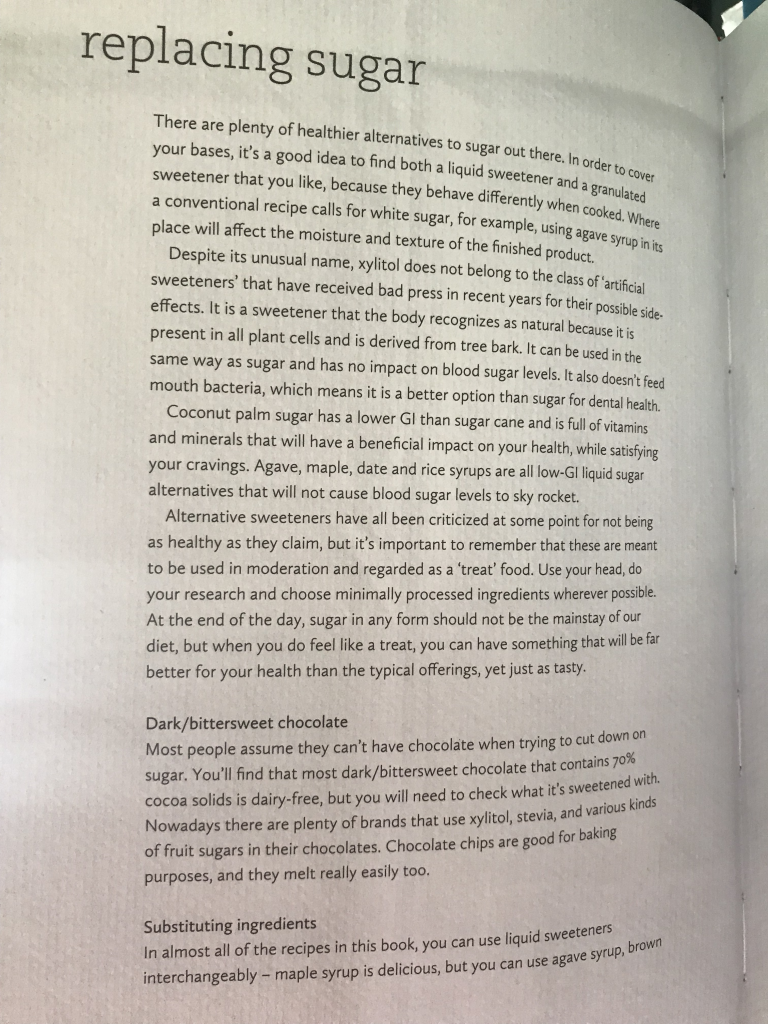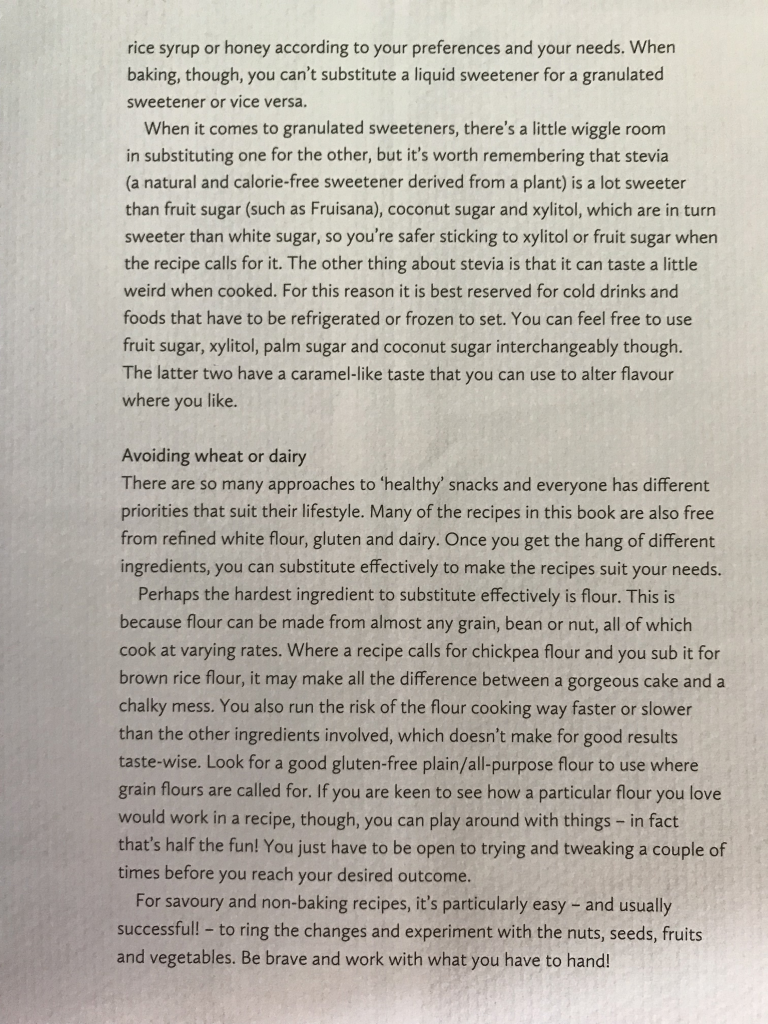Refined sugar alternatives
6 Genius Swaps for Refined Sugar in Baking Recipes
Here’s everything you need to know about baking with alternative sugars, from maple syrup to coconut sugar and everything in between.
MAPLE SYRUP
The pros: That caramelly, earthy flavor adds a depth to baked goods that granulated sugar lacks. It’s also sweeter than granulated, so you can use less sweetener overall.
The cons: If you’re buying the good stuff, maple syrup can be expensive. And since it’s liquid, it won’t work in recipes that requires creaming sugar into butter for leavening (most cookie recipes, for example, are out).
Try it in: Caramels, ice cream or frosting
HONEY
The pros: There are so many varieties of honey, so this is your chance to experiment with flavors. Try buckwheat for intense earthiness, or clover for a mild floral sweetness.
The cons: Honey will burn at temperatures higher than 350 degrees Fahrenheit, and because it’s liquid, it can make some baked goods dense (like cookies).
Try it in: Cakes and muffins
TURBINADO SUGAR
The pros: Since it’s a solid, turbinado can pretty much be swapped in any recipe that calls for granulated sugar, with no adjustments to quantity.
The cons: It’s more coarse than refined sugar, so while you can cream it with butter, the final texture might be crunchier.
Try it in: Cookies, cakes and decorating
FRUIT
The pros: Swapping refined sugar with fruits like bananas, apples or even pineapple adds not only sweetness and nutrition (hey, fiber) but flavor.
The cons: Whether it’s the whole fruit or just the juice, the added liquid makes a wetter batter. If you’re looking for a light and airy texture, it won’t happen here.
Try it in: Quick breads and cakes, like banana bread or apple cake
DATE SUGAR
The pros: Lightly sweet with notes of butterscotch, this powder (made from ground-up dehydrated dates) is a genius swap anywhere you’d use brown sugar. And FYI, it has the same nutritional benefits as dates themselves (think potassium, iron, B vitamins and fiber).
The cons: It can be expensive (sometimes $8 for just 12 ounces), so you’ll want to use it sparingly, or save it for a special occasion. And because it’s just finely ground dates, it doesn’t melt as well as real sugar.
Try it in: Cinnamon rolls
COCONUT SUGAR
The pros: Come for the mild, earthy sweetness; stay for the low-glycemic index ranking (read: fewer sugar crashes). It behaves similarly to white sugar in baking. And don’t worry, it doesn’t taste like coconut.
The cons: Coconut sugar has a lower smoke point than most, which means it can burn if you’re not careful.
Try it in: Cookies and candies

